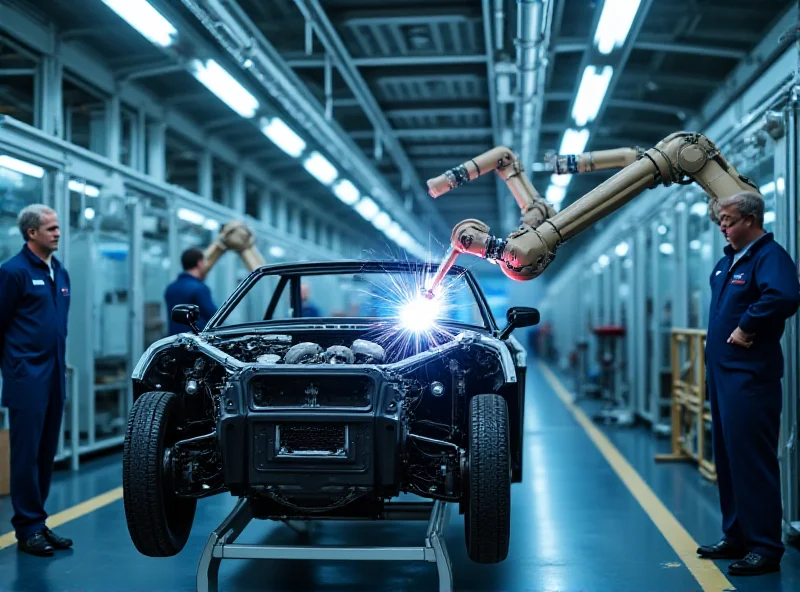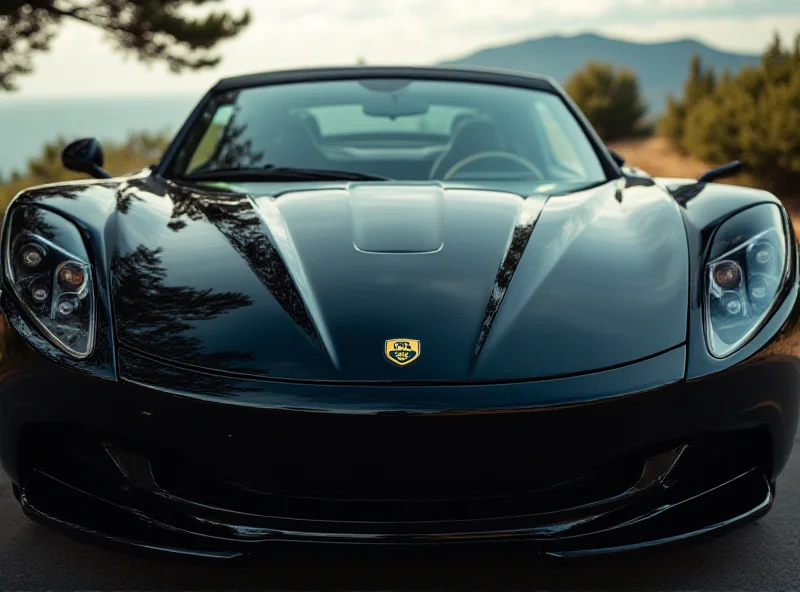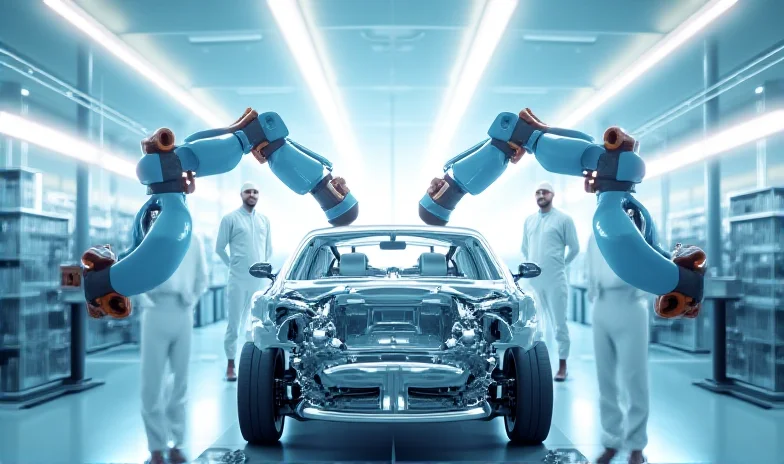The automotive industry is navigating a complex landscape, facing challenges on multiple fronts. From potential tariffs to labor disputes and the accelerating shift toward electric vehicles, automakers are under pressure to adapt and innovate. This week brings news of both reprieves and struggles for some of the biggest players in the market.
Tariff Relief for the Big Three
In a recent announcement, the "big 3" American automakers—Ford, General Motors, and Stellantis—received a temporary reprieve from potential tariffs. This decision followed discussions between former President Trump and the leaders of these companies. The specifics of the reprieve remain somewhat vague, but the news offers a brief respite from potential financial burdens for these automotive giants.

However, the industry isn't without its challenges. While American companies got a reprieve, elsewhere, labor disputes are brewing. The industry is facing a complex set of challenges.
Labor Unrest at Stellantis' Pomigliano Plant
Workers at Stellantis' Pomigliano plant in Italy are currently on strike, protesting what they deem a "meager bonus" of 600 euros. This action highlights a growing disparity between executive compensation and employee benefits. While shareholders receive significant dividends and CEO Carlos Tavares enjoys an "astronomical salary," employees face extended periods of furlough and feel shortchanged by the bonus amount. The strike underscores the tensions between corporate profits and worker welfare, a theme that resonates across various industries.
“The contrast between the rewards given to executives and the treatment of workers is simply unfair,” said one union representative at the Pomigliano plant. “We are demanding a fairer share of the company's success.”
The Electric Vehicle Race Heats Up
Amidst these challenges, the race to dominate the electric vehicle (EV) market is intensifying. Volkswagen, Renault, and Stellantis are all vying to create affordable electric subcompact cars that appeal to the mass market. Volkswagen recently unveiled its electric car priced at 20,000 Euros, signaling a commitment to accessible e-mobility. The company's new ID.Every1 model, slated for a 2027 launch, showcases its vision for the future of electric vehicles.

The key to success in this burgeoning market lies in cost reduction. Automakers are exploring innovative manufacturing techniques and supply chain strategies to lower production costs and make EVs more affordable for consumers. The competition is fierce, and the next few years will be crucial in determining which companies emerge as leaders in the electric vehicle revolution.
Finally, for those seeking a touch of classic automotive heritage, the Lotus Emira Turbo SE offers a blend of refined mechanics and traditional English design. The Emira stands as a testament to the enduring appeal of British engineering and craftsmanship.

The automotive industry is at a crossroads, balancing immediate challenges like tariffs and labor disputes with the long-term imperative of transitioning to electric vehicles. The companies that can navigate these complexities effectively will be best positioned for success in the years to come.
